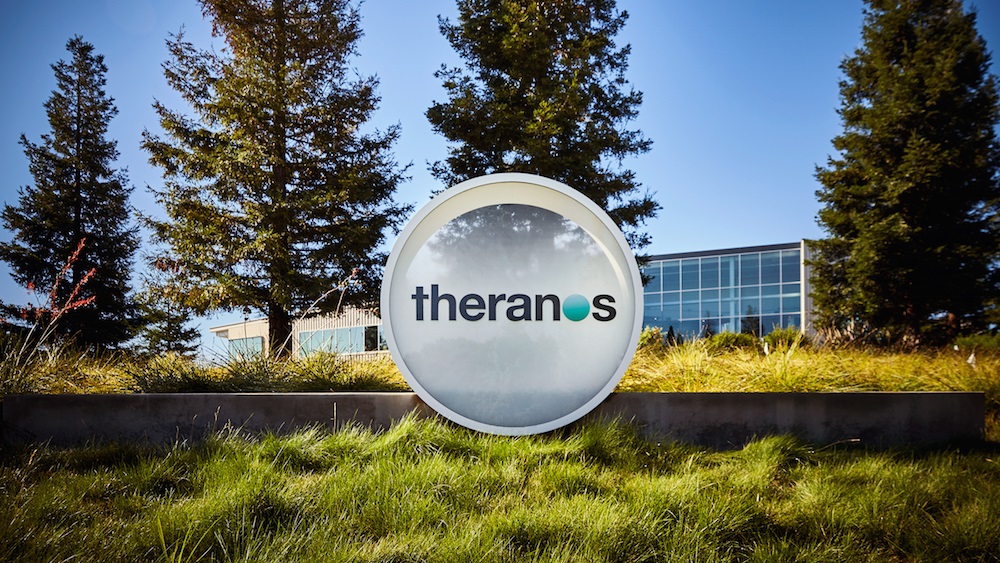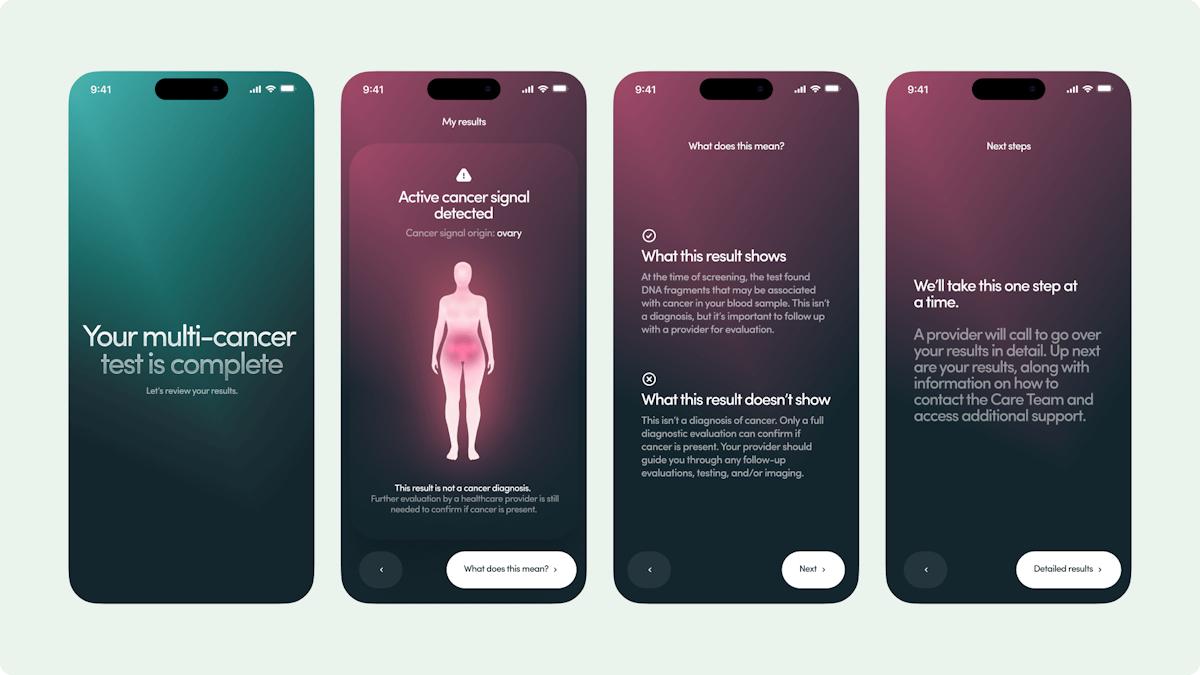Theranos founder Elizabeth Holmes guilty of fraud, says jury

Elizabeth Holmes, the founder and former chief executive of the blood testing startup Theranos, has been convicted of defrauding investors by a jury in a California court and is facing a prison sentence.
Prosecutors claimed that Holmes (37) knowingly misled shareholders in Theranos with the promise that the company's technology could diagnose a battery of diseases with just a few drops of blood, rather than a larger blood sample drawn from a patient's vein.
Holmes was found guilty of four of 11 charges brought against her – one charge of conspiracy and three charges of wire fraud – with three other allegations of fraud unresolved as a unanimous decision by jurors could not be reached.
After months of legal wrangling, the jury also acquitted her of a second conspiracy charge, as well as three other wire fraud charges including two brought by patients who received inaccurate test results.
[caption id="attachment_16425" align="alignright" width="270"] Elizabeth Holmes[/caption]
Elizabeth Holmes[/caption]
Holmes pleaded not guilty to all the charges, which carry a maximum prison term of 20 years each, but has not been taken into custody and is expected to appeal. Sentencing will take pace at a later, as-yet unconfirmed date.
Holmes and ex-Theranos chief operating officer – Ramesh 'Sunny' Balwani – were accused of using adverts and meetings to encourage doctors and patients to use its proprietary analyser and services, even though they knew they were incapable of producing reliable results for some tests.
They also used direct communication, marketing materials, media and financial statements, models and other information to defraud potential investors, according to the complaint.
Theranos raised almost $1 billion from investors before the company and its claims were eventually exposed as a sham.
Stanford University drop-out Holmes founded Theranos in 2003 when she was just 19, and at its height the company was worth $9 billion, with its founder feted as the next Steve Jobs.
Everything started to unravel however when a Wall Street Journal investigation in 2015 discovered that most of the tests Theranos claimed to perform on its analyser were actually being performed by standard blood-testing machines.
The FDA subsequently raised serious concerns about the accuracy of testing that Theranos did conduct with its machines, and the company eventually retracted two years of blood tests. It eventually folded in 2018.
During the trial, a number of clinicians testified that they had told Holmes about the problems with Theranos' technology but were largely ignored, even as Holmes was telling investors the system was working well.
Holmes took the stand in her defence, claiming mistakes had been made in running Theranos but also that she had never wilfully defrauded investors or patients.
She admitted using pharma company logos – including Pfizer – on Theranos documents sent to investors, even though they had not endorsed the technology.
She also attempted to place the blame on Balwani, a former boyfriend, who she claimed misled her about the effectiveness of Theranos' technology and also subjected him to emotional and sexual abuse.
Balwani will face similar fraud charges in a separate trial expected to begin next month.
"She chose fraud over business failure. She chose to be dishonest with investors and patients," said prosecutor Jeff Schenk in closing arguments. "That choice was not only callous, it was criminal."












